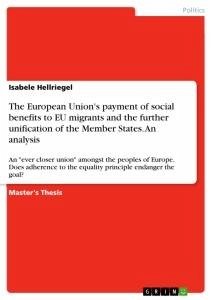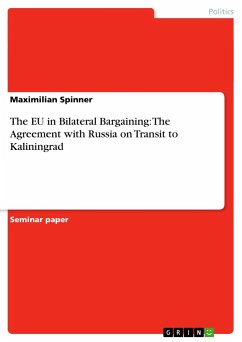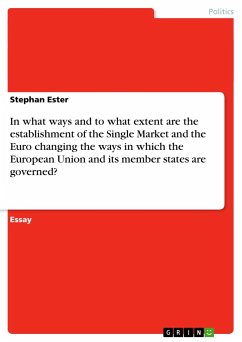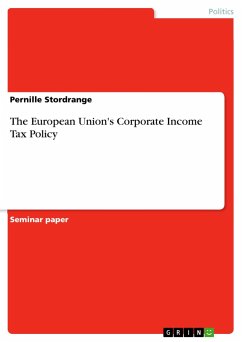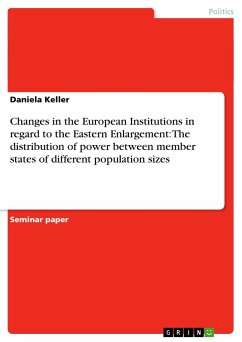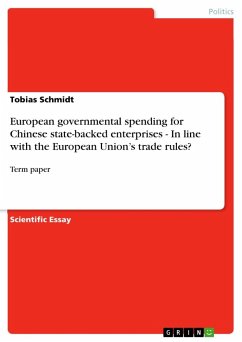Master's Thesis from the year 2021 in the subject Politics - International Politics - Topic: European Union, grade: 1,7, Leiden University, language: English, abstract: This Thesis looks at the question of whether the general equality principle, in its current form of the obligation of the Member States to pay social benefits also to EU migrants as laid down in Directive 2004/38/EC has the potential to endanger the further unification of the Member States and if such potential risk could be overcome by different handling of such obligation in line with EU primary law. In the process of European integration, more and more sovereign competences were shifted from the nation-states to the institutions of the European Union. The path from the establishment of a common administration for the coal and steel industry, the creation of a customs union, a common internal market, an economic and monetary union to finally the introduction of a common currency for a large part of the Member States aimed the establishment of an "ever closer union", as laid down in the preamble to the TFEU. This integration process also included the implementation of common European values. On this path, the value of "equality" and especially its expression of non-discrimination based on nationality lead to discussions. Whereas initially only a common market with economic equality was envisaged, based on the idea of an "ever closer union" more and more citizens' rights have been harmonised with the result that in areas of EU relevance EU migrants may no longer be treated differently than nationals of a Member State. Especially equal treatment of economically non-active persons is a politically sensitive issue, as it is feared that their free movement may lead to so-called "benefit tourism".
Hinweis: Dieser Artikel kann nur an eine deutsche Lieferadresse ausgeliefert werden.
Hinweis: Dieser Artikel kann nur an eine deutsche Lieferadresse ausgeliefert werden.

